CHAT
WITH US
WITH US
GET A
QUOTE
have questions? call us
+44 3330 907053

Blog • Asia • 09 Jan 2025
Share this article
Did you know that Thailand hosts over 150,000 expatriates with long-term visas, making it one of Southeast Asia's most popular destinations for foreign residents? The 'Land of Smiles' continues to attract people from around the globe with its tropical climate, rich culture, and relatively low cost of living.
Thailand offers an intriguing blend of traditional culture and modern convenience, making it an attractive destination for expats seeking an enhanced quality of life. Whether you're drawn to bustling urban centres or tranquil coastal communities, Thailand provides diverse options for foreign residents. Before choosing your ideal location, note that most long-term residents need to obtain appropriate visas and permits through the Thai Immigration Bureau, with various options available including retirement visas, work permits, and the Thailand Elite visa programme.
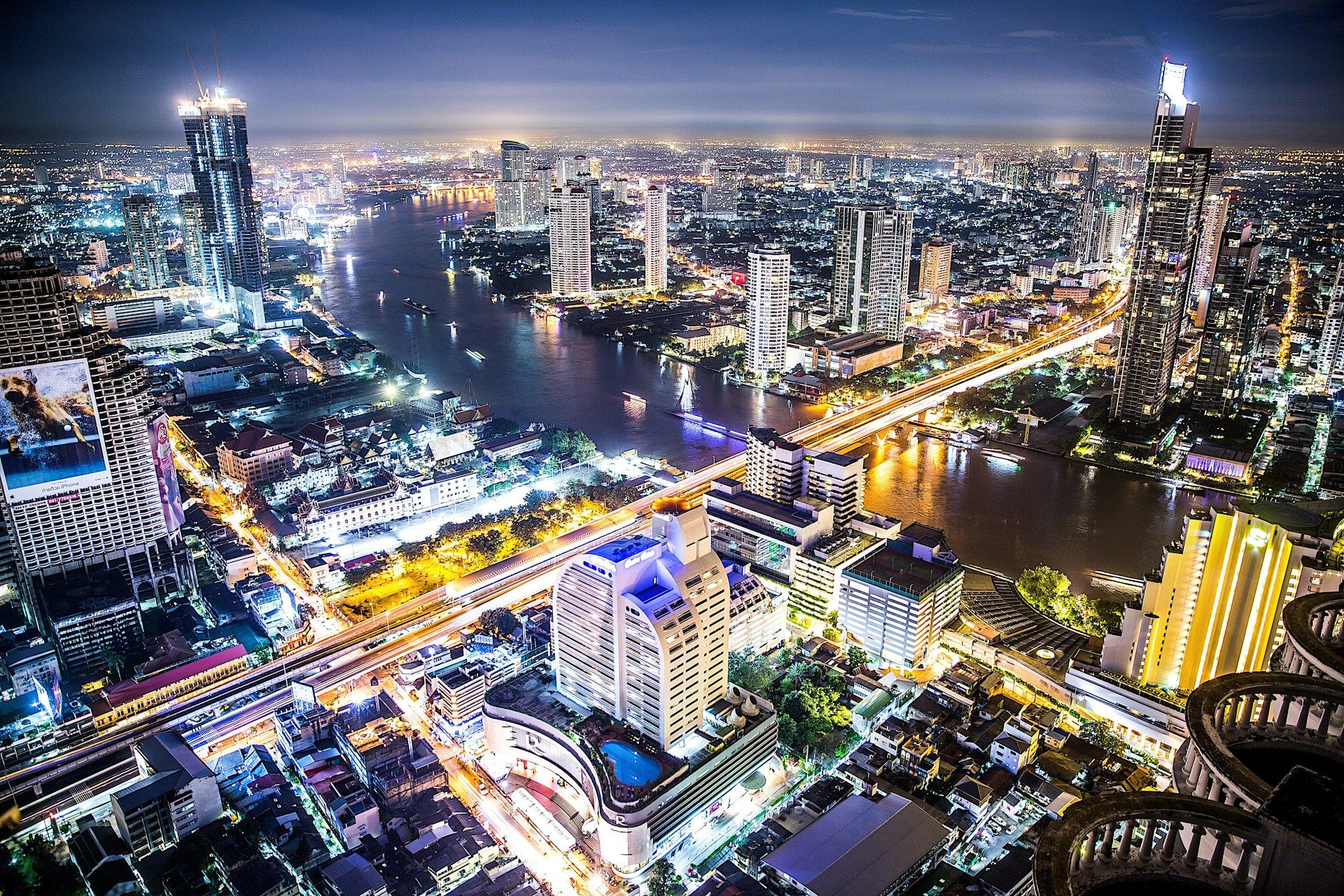
As Thailand's capital and largest city, Bangkok serves as the country's economic, cultural, and transportation hub. This megalopolis offers a fascinating mix of ultra-modern developments alongside traditional temples and markets, creating a unique urban experience that appeals to many expats.
Bangkok's job market provides the country's best opportunities for international professionals, particularly in sectors like finance, technology, and education. The city boasts excellent international schools, world-class healthcare facilities, and a comprehensive public transportation system including the BTS Skytrain and MRT subway.
The city's different areas offer distinct living experiences, from the expatriate enclaves of Sukhumvit to the more traditional atmosphere of Rattanakosin. Despite the tropical heat and notorious traffic, many find the city's energy and convenience irresistible.
Key considerations for Bangkok:
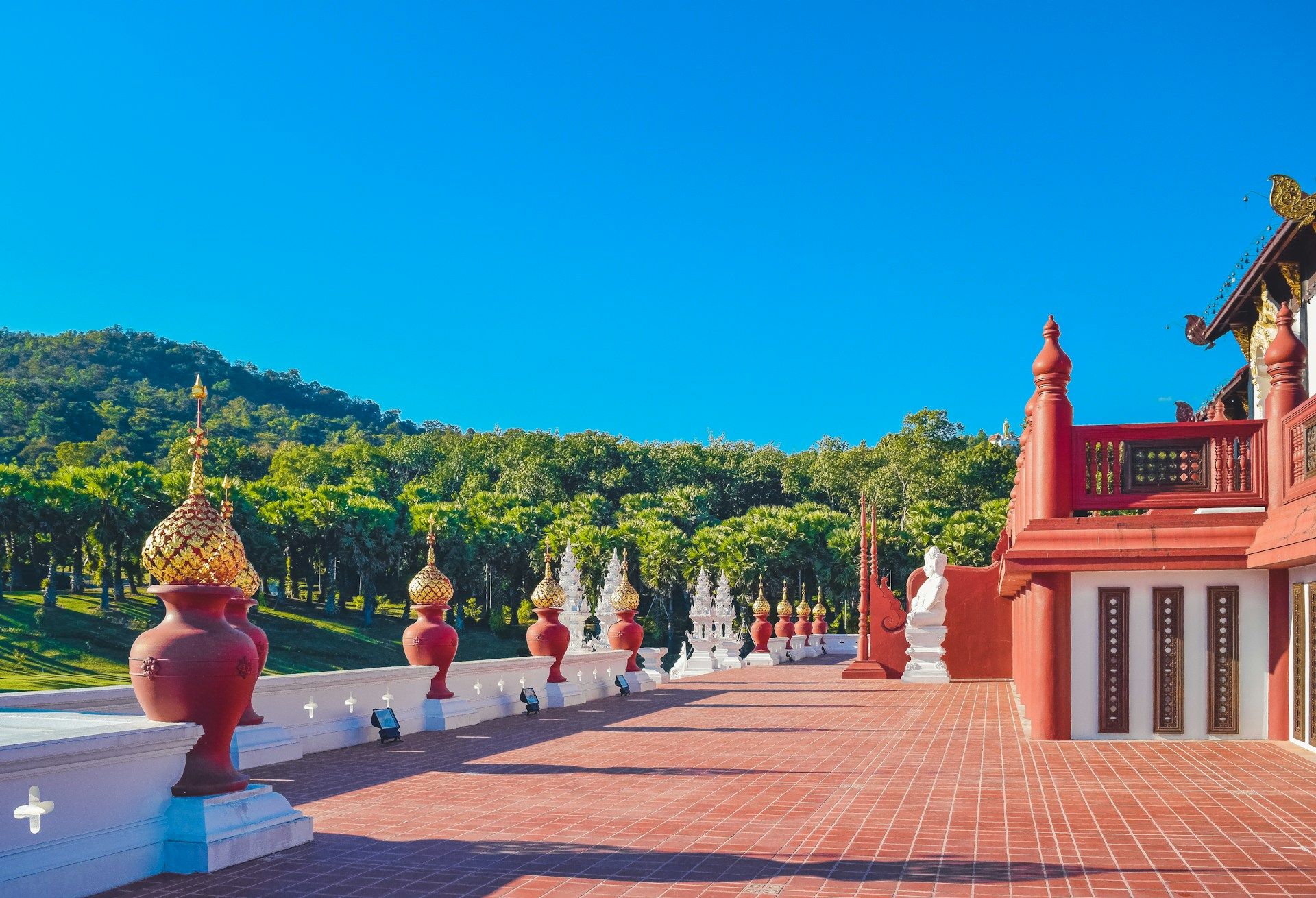
Known as the cultural capital of northern Thailand, Chiang Mai offers a more relaxed pace of life while maintaining many modern amenities. The city has become particularly popular among digital nomads and retirees, attracted by its lower cost of living and pleasant climate.
Surrounded by mountains and ancient temples, Chiang Mai provides a strong sense of traditional Thai culture while hosting a growing international community. The city's smaller size makes it more manageable than Bangkok, though it still offers excellent healthcare facilities and international education options.
The digital nomad scene has spawned numerous co-working spaces and cafes, while the local markets and temples provide authentic Thai experiences. The cooler winter months are particularly pleasant, though air quality can be poor during the burning season.
Key considerations for Chiang Mai:
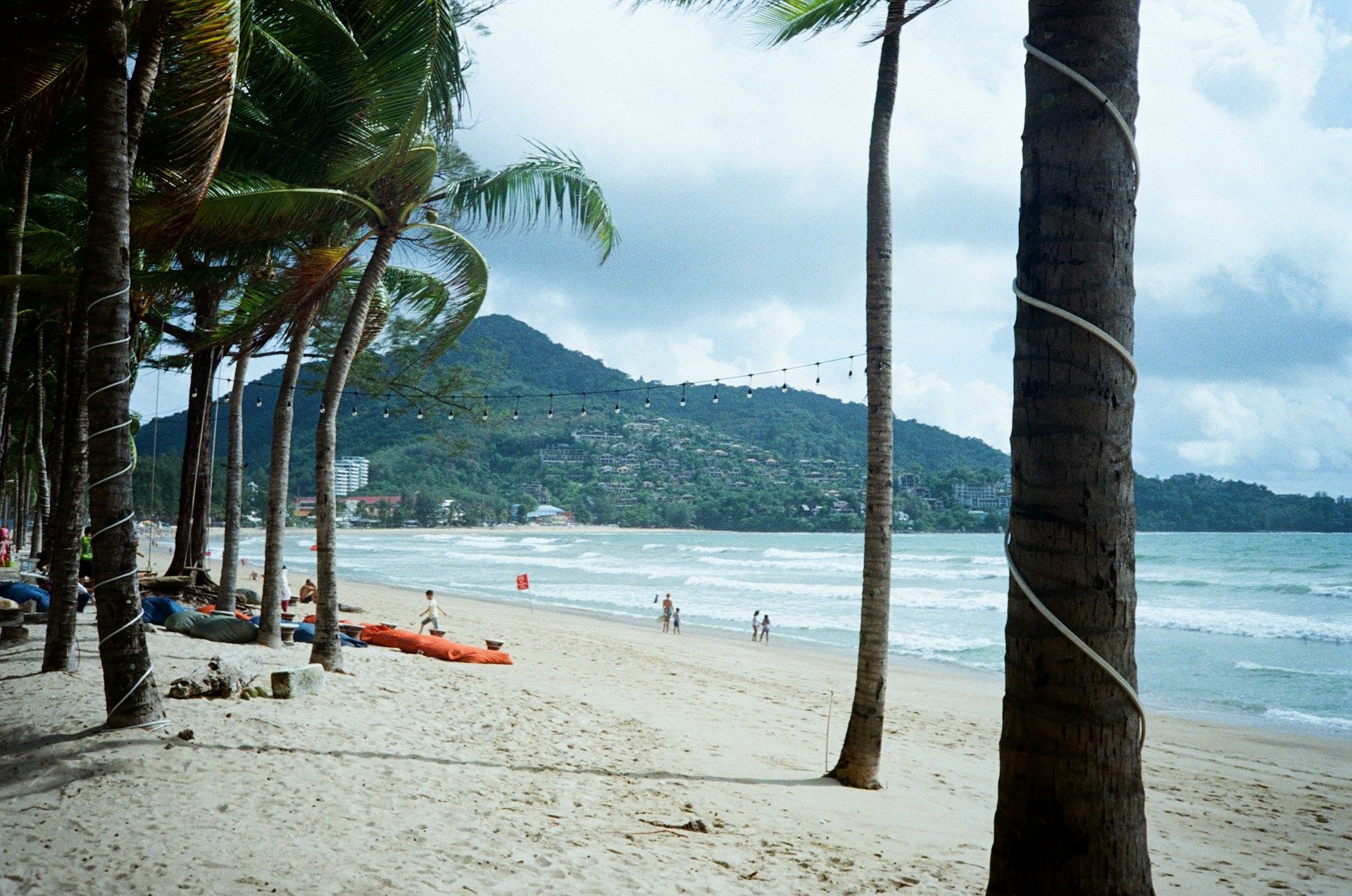
Thailand's largest island offers a tropical lifestyle with many of the conveniences of a major city. Popular among both tourists and expats, Phuket provides various living options from bustling beach towns to quieter inland areas.
The island's international airport and well-developed infrastructure make it an attractive option for those wanting a beach lifestyle without sacrificing modern amenities. The western coast features several popular expat areas including Bang Tao and Kata, while Phuket Town offers a more authentic Thai experience.
The tourism industry dominates the local economy, though there's a growing community of remote workers and entrepreneurs. International schools and hospitals cater to the expat community, though costs can be higher than in many other Thai locations.
Key considerations for Phuket:
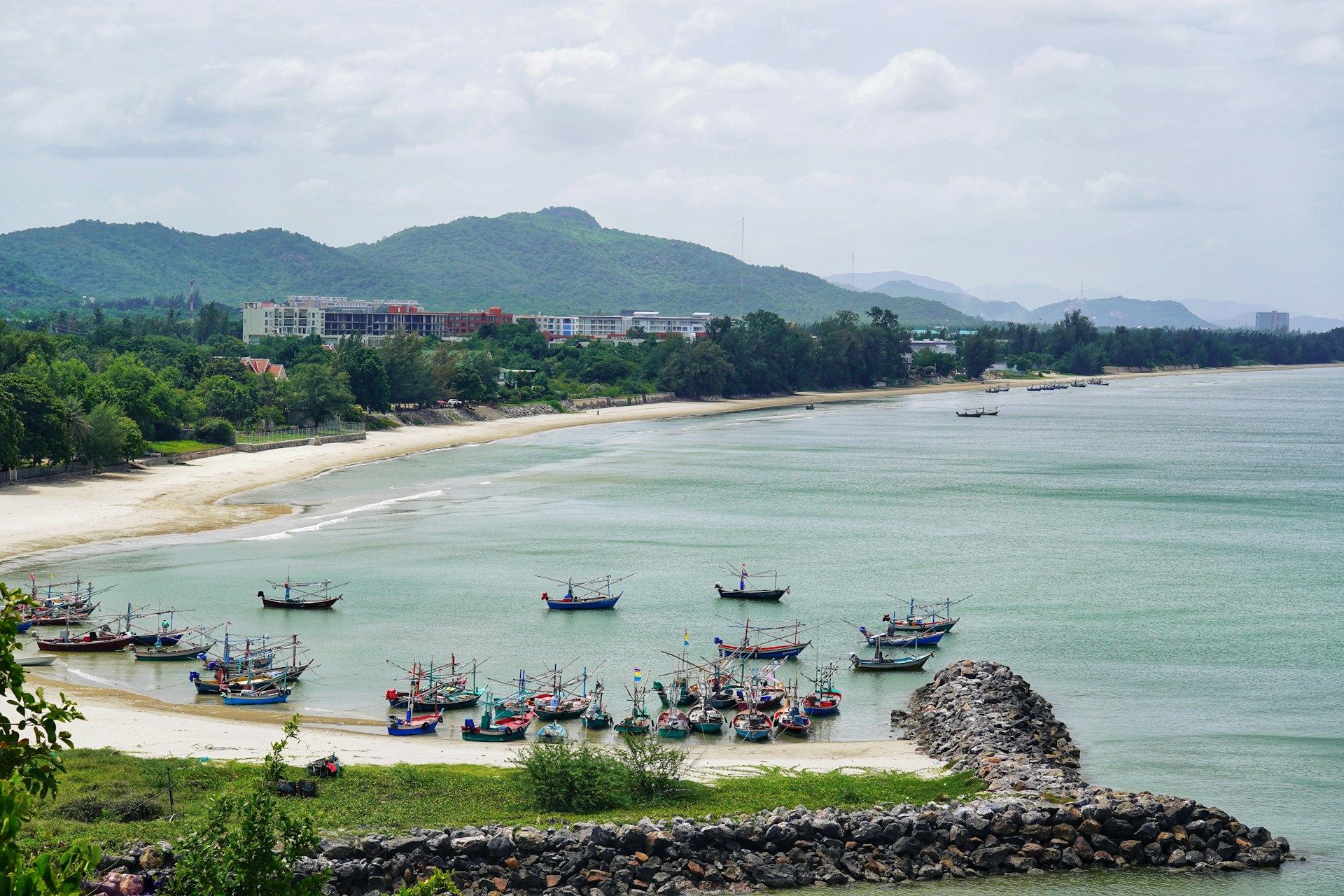
Originally a royal seaside retreat, Hua Hin has evolved into a sophisticated coastal city popular with both Thai and foreign residents. Located just three hours from Bangkok, it offers a more relaxed alternative to larger tourist destinations while maintaining excellent amenities.
The city has a sizeable retired expat community, attracted by its clean beaches, numerous golf courses, and modern healthcare facilities. The proximity to Bangkok makes it convenient for those needing regular access to the capital, while the local lifestyle remains distinctly more relaxed than Pattaya or Phuket.
Hua Hin's climate is relatively dry by Thai standards, and the royal connection ensures the city maintains high standards of development. The local real estate market offers good value, particularly compared to other coastal areas.
Key considerations for Hua Hin:

Despite its reputation as a tourist hotspot, Pattaya has evolved into a legitimate option for expats, particularly in the more residential areas of Jomtien and Pratumnak Hill. The city offers a mix of urban convenience and beach lifestyle, with lower living costs than Phuket or Bangkok.
Recent years have seen significant infrastructure improvements, including new shopping malls, international hospitals, and educational facilities. The Eastern Economic Corridor development project is bringing new business opportunities to the region, diversifying the local economy beyond tourism.
The expat community is diverse, ranging from retirees to business owners and teachers. The city's proximity to Bangkok and its international airport (90 minutes) makes it convenient for those requiring regular travel.
Key considerations for Pattaya:
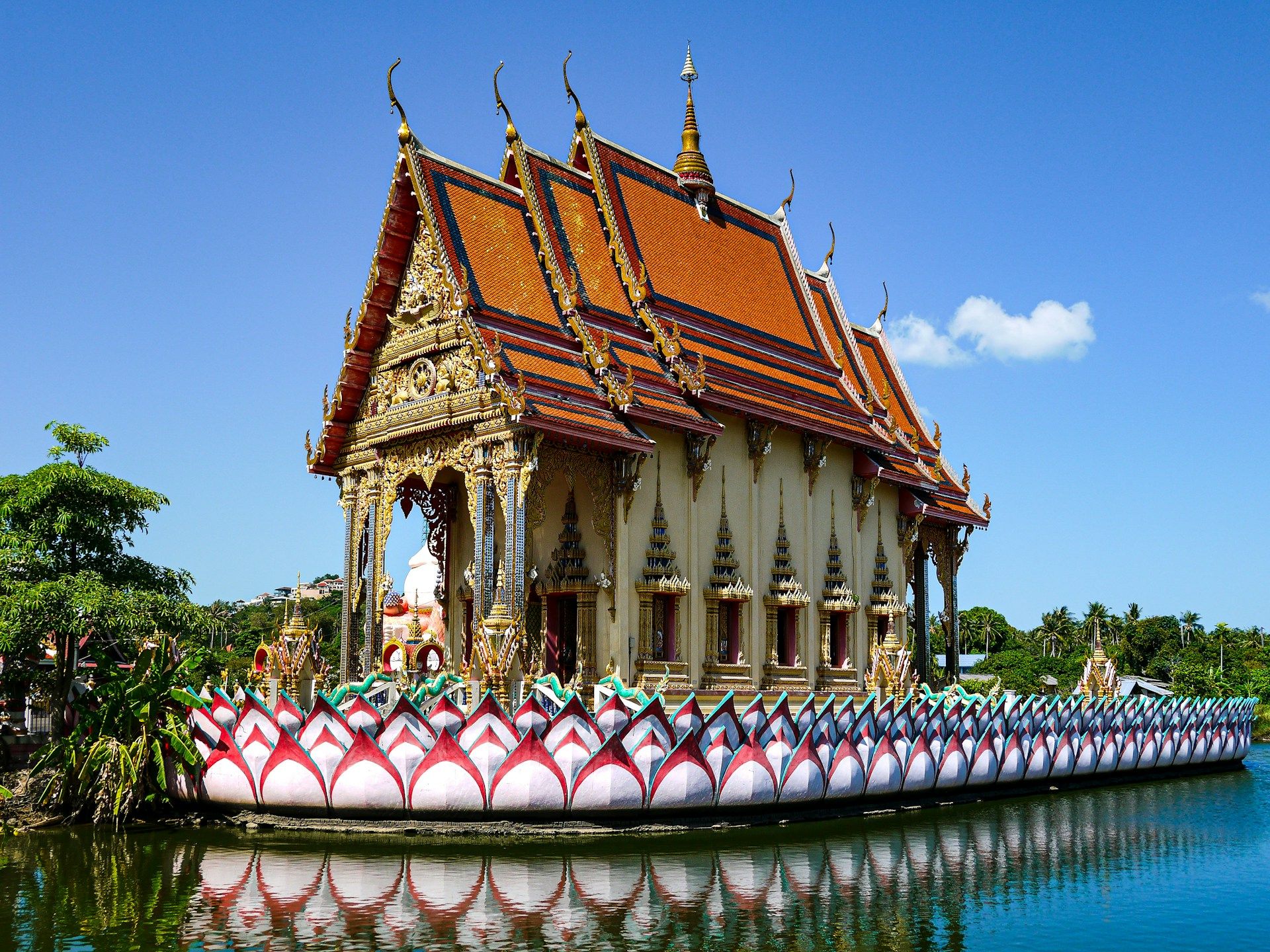
Thailand's second-largest island offers a more laid-back alternative to Phuket while maintaining many international amenities. The island attracts expats seeking a tropical lifestyle with modern conveniences, particularly in areas like Chaweng, Lamai, and the more upscale Bophut.
The island's international airport provides good connectivity, though flights tend to be more expensive than mainland destinations. The expat community is well-established, with various social clubs and activities available. Healthcare has improved significantly with international-standard hospitals, though some procedures still require travel to Bangkok.
The island lifestyle comes with typical tropical considerations including seasonal weather patterns and higher costs for imported goods. However, many find the beauty and pace of life worth these trade-offs.
Key considerations for Koh Samui:
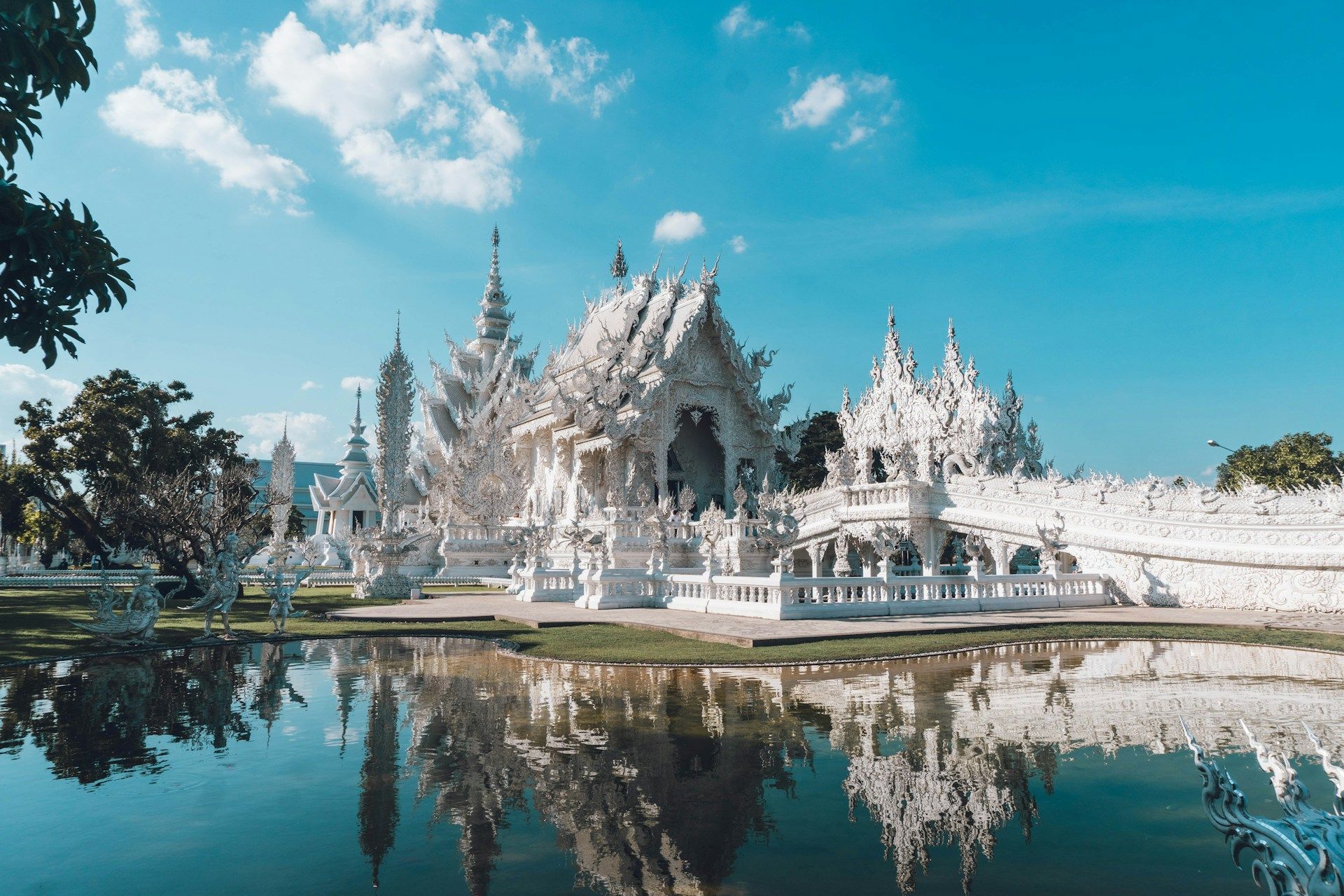
Often overlooked in favour of its larger neighbour Chiang Mai, Chiang Rai offers an authentic northern Thai experience with a growing expat community. The city provides a genuine glimpse into Thai culture while maintaining sufficient amenities for comfortable living.
The cost of living is notably lower than in more popular expat destinations, and the surrounding countryside offers stunning natural beauty. The local community is welcoming, though fewer people speak English than in more tourist-oriented cities.
Recent improvements in infrastructure, including the international airport and modern shopping centres, have made the city more accessible while maintaining its traditional charm.
Key considerations for Chiang Rai:
Bangkok dominates the professional job market, particularly for multinational companies and international schools. The Eastern Economic Corridor near Pattaya is emerging as a secondary hub for professional opportunities. Remote workers and digital nomads often prefer Chiang Mai or Koh Samui, balancing lifestyle benefits with good internet infrastructure.
Foreign professionals should consult the Board of Investment website for information about work permits and business opportunities. Note that many positions require both a non-immigrant B visa and a work permit.
Key considerations for professionals:
Bangkok and Hua Hin are popular choices for families due to their international schools and healthcare facilities. Phuket also offers excellent family infrastructure, particularly in areas like Laguna. The Office of the Private Education Commission provides information about international schools.
Many families choose suburban areas around Bangkok, such as Nichada Thani or Bang Na, where purpose-built compounds offer family-friendly environments with good amenities.
Key considerations for families:
Hua Hin and Chiang Mai are particularly popular among retirees, offering a balance of comfort, healthcare, and cost of living. The retirement visa (Non-Immigrant O-A) requires proof of pension or savings, and health insurance is mandatory. The Thai Retirement Helper website offers comprehensive information about retirement visas.
Key considerations for retirees:
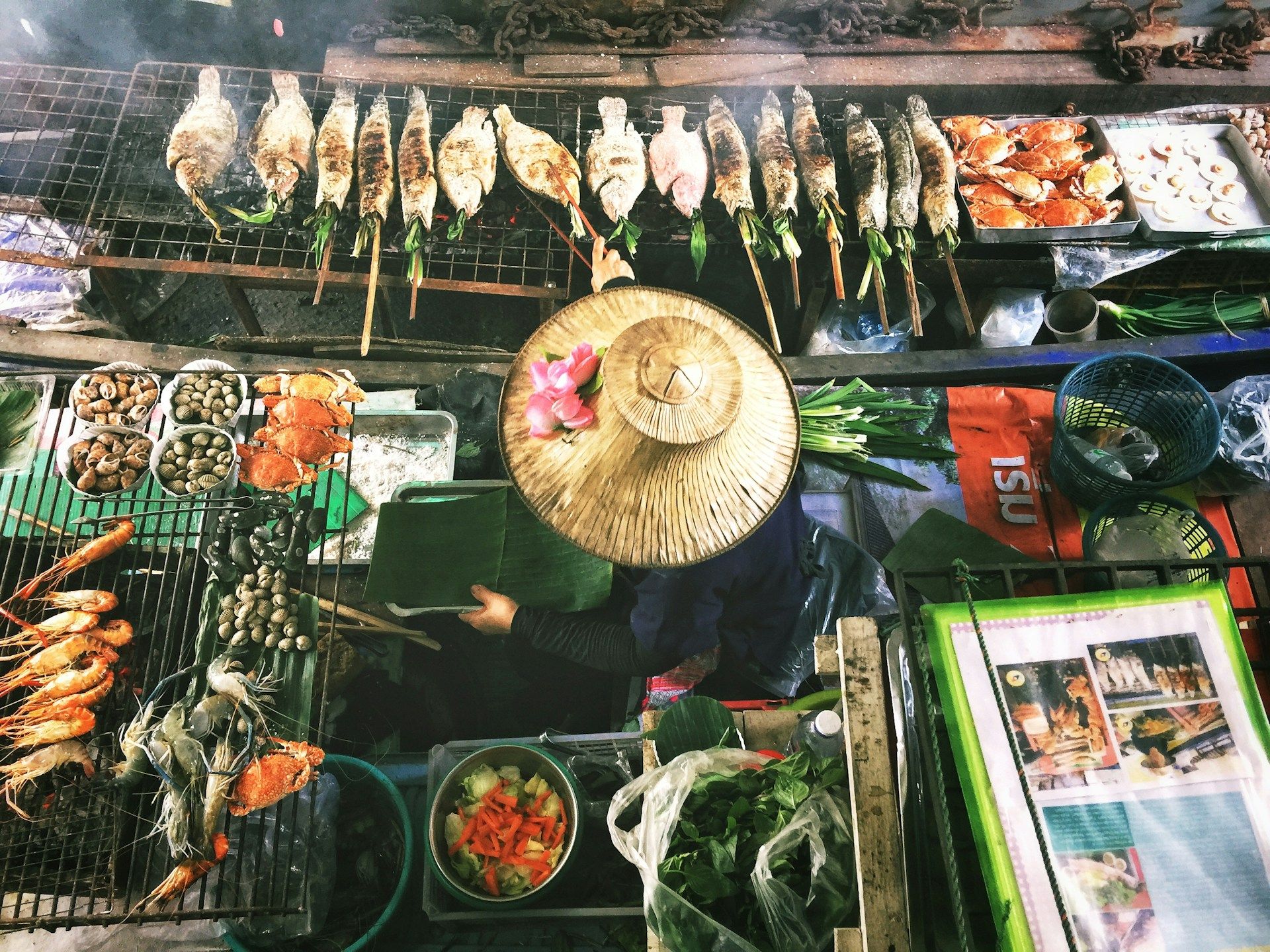
Thailand offers various visa options including:
Visit the Ministry of Foreign Affairs website for detailed visa information and requirements.
Thailand offers world-class private healthcare, particularly in Bangkok, though costs can be significant. International insurance is recommended, and some visa types require specific coverage. Popular hospital groups include:
Opening a Thai bank account requires a long-term visa and often a letter of recommendation. Major banks catering to expats include:
Consider maintaining an offshore account alongside your Thai account for financial flexibility.
Living costs vary significantly by location:
Additional costs to consider:
Foreigners cannot own land in Thailand but can:
For the most current information about moving to Thailand, including visa requirements and COVID-19 related updates, always refer to the Royal Thai Embassy website or consult with a qualified visa agent.
Remember that successful integration into Thai life often requires patience, cultural sensitivity, and a flexible attitude. Many expats find the adjustment period takes 6-12 months, but the rewards of living in Thailand can be significant for those who approach the experience with the right mindset.
If you’ve made up your mind on the move to Thailand from the UK, why not partner up with Deliver1 for all your removal needs? We’ve moved countless people to their new lives overseas and our innovative approach ensures that your goods will arrive on-time, every time, tracked the entire way.
To find out more, get in touch today or get a fast, free quote here!
We love hearing from you-so please get in touch with any questions or queries.
We love hearing from you-so please get in touch with any questions or queries.
Working hours
Mon - Sat: 08:00 - 17:00
Sun: Closed
Call
+44 3330 907053Location
Unit 3, Newyears Green Lane
Newyears Green
Uxbridge
UB9 6LX
United Kingdom
